- Optimistic Anthropology
- Posts
- The Optimistic Anthropologist Vol 12
The Optimistic Anthropologist Vol 12
The Power of Questions, #GoodReads & #GoodListens, & 25+ New Opportunities!
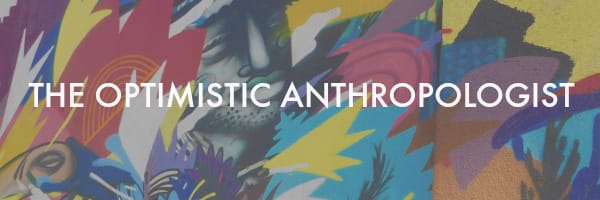
September 2018, Volume 12View this email in your browser
Dear ,
In recent years, I’ve gotten in the habit of rereading classic books that I last devoured as a teenager. At the same time, I struggle with a lot of things that get labeled classics or
for two reasons. The first is that virtually all of the authors whose works get included in this canon are “western” white, male, Christian, and heteronormative individuals. (
If this concerns you too, you might be interested in author Wiley Cash’s recently launched Open Canon Book Club.)
The second reason, is that there is often a disconnect between the way these authors lived their lives and treated others, and the values that their works conveyed.
On the rare occasion that someone asks my favorite writer, I often respond that it’s Evelyn Waugh. Earlier this year, I reread his seminal work,
, and it was every bit as sensitive and challenging and reflective and romantic as I remember. But, Waugh the man was quite different. In 2016,
wrote:
“Novelist, travel writer, essayist, and biographer Evelyn Waugh...was as wretched and ornery a human being as anyone could be who was not actually moved to suicide or murder.”
“The test of a first-rate intelligence is the ability to hold two opposed ideas in mind at the same time and still retain the ability to function,” wrote F. Scott Fitzgerald in
. In the case of Waugh, and many other historical figures, I suspect that it is the time and distance which makes it possible for me to navigate this cognitive dissonance.
But, right now, as more and more individuals’ and organizations’ negative behavior and impact is being exposed, I am finding that I have little patience for the systems and institutions and individuals who are asking me to treat bad behavior as separate from qualifications, creative outputs, or positive contributions.
At the core of
is my belief that we need to model the behaviors we want to see in the world – in how our organization operates, in who we choose to work with, in what we choose to work on, and in how we choose to work together. At OA, our goal is to create a more positive and equitable future, and that goal cannot be achieved by accepting negative behavior and impact as a either part of or a byproduct of qualifications, creativity, and positive contributions.
I’m curious to hear from you. Who are the individuals and organizations that you are and aren't you able to hold “two opposed ideas” about? Why do you think that is?
or
using
.
Be well and do good,Alison
P.S. I'll be in Detroit from November 6-10 to attend
's
. If you're based in Detroit or going to be in town for the conference, let me know if you'd like to connect and catch up!
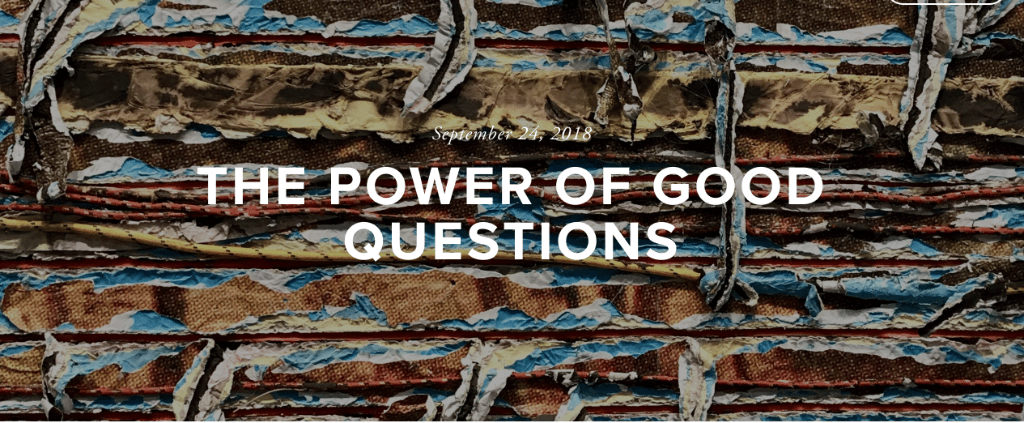
Good questions are asked more rarely than they should be. This is a real shame, because we believe that good questions are foundational to helping people, teams, and collaborations achieve their goals.
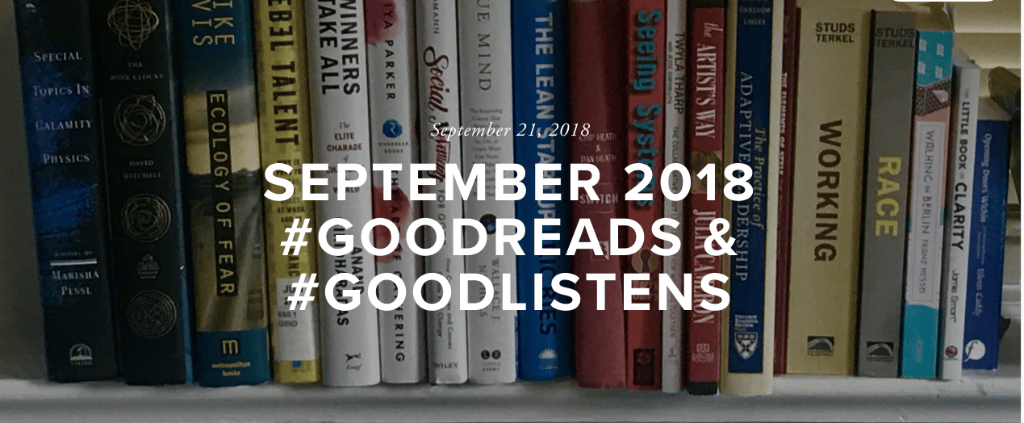
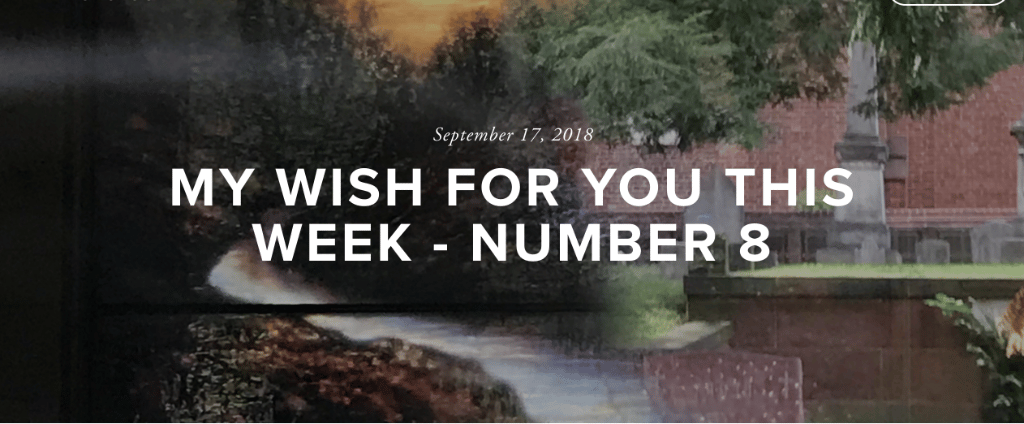
Job, Consulting, and Fellowship Opportunities
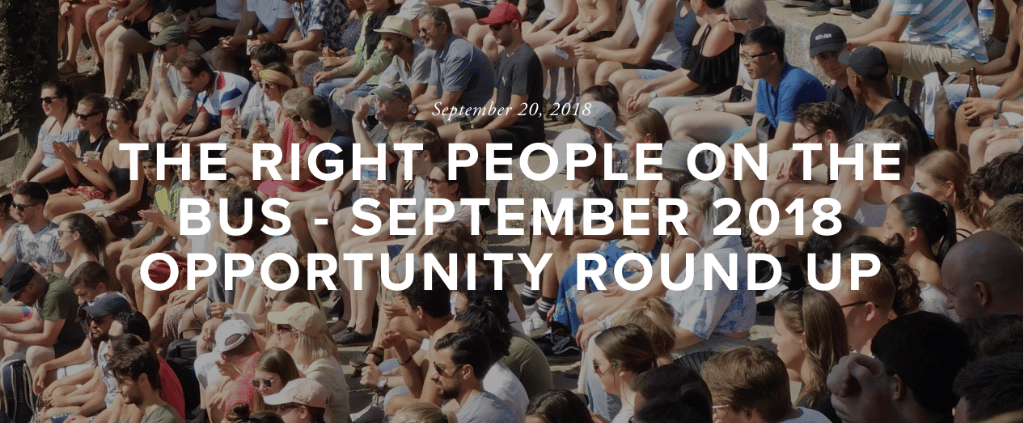
We love connecting people to each other and to great opportunities. This month the Optimistic Anthropology network shared more than 25 job, consulting, and fellowship opportunities that they are recruiting for.
Our Most Popular Blog Posts Last Month...
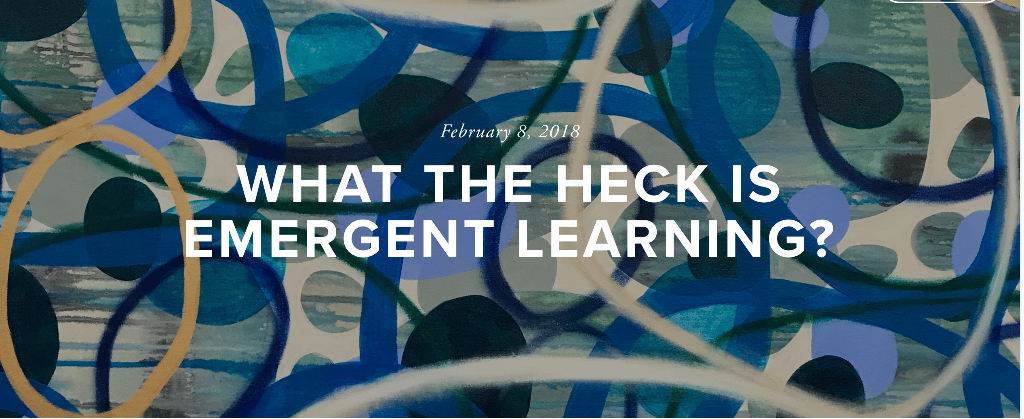

Reply